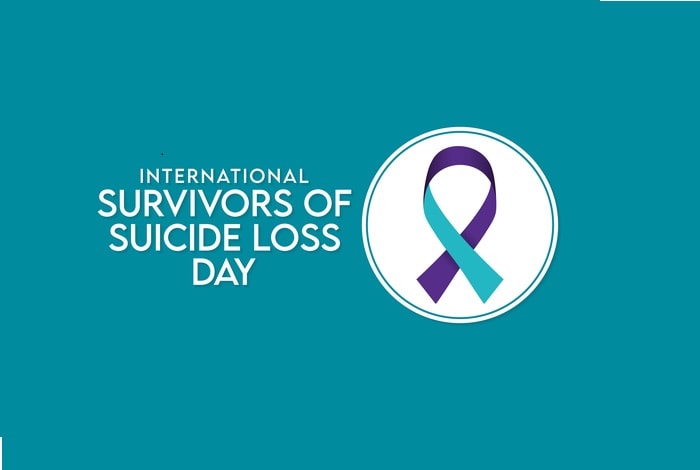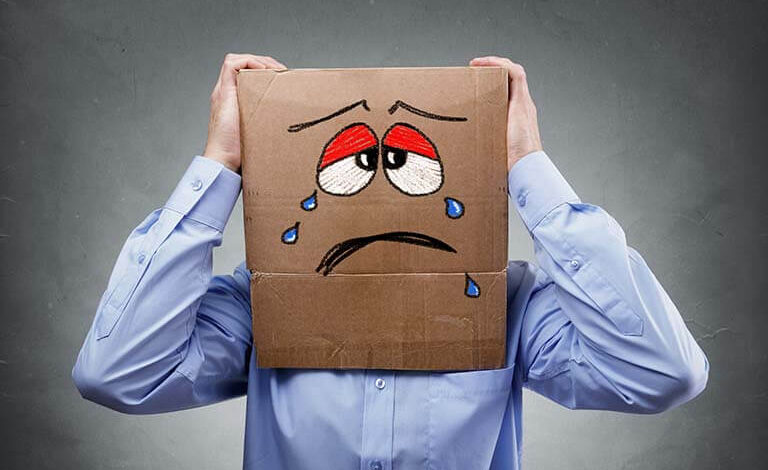Are you living a healthy lifestyle? Living a healthy lifestyle isn’t always easy but taking time to incorporate healthy habits into your daily routine can do wonders for improving your overall health and well-being. Healthy dietary and lifestyle habits can do more than help our waistline — they can make us feel better emotionally and psychologically, too.
For Mental Health Month, it’s important to take the time to engage in positive activities that aim to improve the health of your body and mind. Especially when you’re dealing with a mental health issue, taking care of your body is vital and can help to lift your mood and achieve lasting recovery.
So, here are five lifestyle changes you can make today for a healthy body and mind:
Is the Culprit your Diet?
Food is fuel for the body and mind, so it is important to make sure you are eating healthy foods such as fruits, vegetables, and fish. Such foods are rich in nutrients, vitamins, and minerals and help your brain and body to function optimally.
If you’re skipping meals, eating too much fried or highly-processed foods, drinking too much alcohol or energy drinks, or engaging in other unhealthy habits, it can certainly put a hamper on your overall health. On the other hand, eating healthy foods can help boost brain health and improve your mood, memory, and energy levels.
If you aren’t already, it can be beneficial to pay more attention to the types of foods you’re putting into your body, practice portion control, and ensure that you’re fueling your body with high-quality foods that nourish and protect the brain.
Read this Related Article: “Reducing Stress and Relapse Prevention with Food“
No Pain, No Gain
Getting regular exercise benefits us in many ways — it can help us feel more relaxed, enhance our mood and even ward off symptoms of mental health conditions like anxiety and depression. Due to its benefits on mood and energy levels, physical activity has been examined as a potential treatment for depression and anxiety due to its ability to boost neurotransmitters in the brain (e.g., endorphins, serotonin). Evidence has shown that exercise can not only enhance mood and well-being, it can also relieve depressive symptoms when antidepressants don’t help.
Get your Beauty Sleep
Getting a good night’s rest is important for learning new things, memory, attention and concentration, and other important brain functions, while irregular or poor-quality sleep is linked to many health risks, including high blood pressure, stroke, diabetes, anxiety, and depression. Mental health conditions and alcohol and drug use can also interfere with sleep and can leave people feeling tired, groggy, and irritable.
Make sure that you are getting enough sleep, so you can be ready to take on all your responsibilities for the day. If you’re not getting enough sleep at night, it can compromise your ability to stay alert, react, and make decisions. So, if you’re getting fewer than the recommended seven to eight hours of sleep per night, it may be time to re-evaluate your sleeping habits.
Keep Calm and Carry On
We all know that chronic stress can wreak havoc on our physical and mental health. For example, excess cortisol levels can damage the brain and contribute to shrinkage — known as atrophy — in areas of the brain responsible for important functions like attention, mood, learning, and memory. High-stress levels can also alter the levels of neurotransmitters (brain chemicals) in the brain (e.g., serotonin, which is responsible for regulating mood, appetite, and sleep), which can also have detrimental consequences on our mental health.
Managing stress in healthy ways is important for improving overall health and well-being. There are techniques that can be used to manage and relieve stress when it becomes overwhelming. Healthy outlets such as meditation, Reiki, yoga, and breathing exercises can help you find balance in your life, which can help with stress management.
- If you’re unsure of how to get started, here’s a useful resource by the Anxiety and Depression Association of America (ADAA) with some tips to manage anxiety and stress.
Positivity is Key
Did you know that people who are more positive tend to be more resilient and better equipped to deal with any physical and mental ailments? Approaching life in a positive and productive way helps people to effectively manage their stress and cope better with stressful situations. Studies show that people who are optimistic and approach unpleasant situations in a positive and productive way tend to live longer, be less depressed, and have better psychological and physical well-being, including better cardiovascular health.
If your glass is always half-empty, it isn’t too late to learn some positive thinking skills to benefit your overall health. Living a healthy lifestyle, surrounding yourself with positive people, and practicing positive self-talk are some ways to start thinking more positively today. The American Psychological Association (APA) also suggested that visualizing what you want in life instead of worrying about what you fear can help you to maintain a hopeful and optimistic outlook.
Healthy Body, Healthy Mind
It is especially important for clients in recovery to learn how to incorporate healthy lifestyle habits such as regular exercise and healthy eating into their daily routines. Regular exercise can be helpful for lifting mood, reducing stress, and promoting resilience against physical and mental health ailments that can get in the way of success in recovery and life.
For May’s Mental Health Month, we’re focusing on raising awareness about the connection between our physical and mental health, and this year’s theme — Fitness #4Mind4Body — looks at raising awareness of ways people can improve their chances of living a longer, happier and healthier life. Akua Mind & Body is proud to join in the efforts of Mental Health America (MHA) and encourages clients and staff to take the time to evaluate their lifestyle and dietary habits and make small changes to improve their overall health.
At Akua Mind & Body, we understand that living a healthy lifestyle isn’t always easy, but it can benefit us in so many ways to take care of our physical health. As part of our holistic treatment programs, our clients receive nutritional, brain-healthy meals prepared by our in-house chefs and opportunities for exercise and relaxation to promote their overall health and well-being. For more information about AKUA Mind & Body’s detoxification, residential and intensive outpatient program (IOP) treatment for men and women with mental and substance use disorders, please contact our 24/7 helpline.
24/7 ADMISSION HELPLINE 888-629-6707



